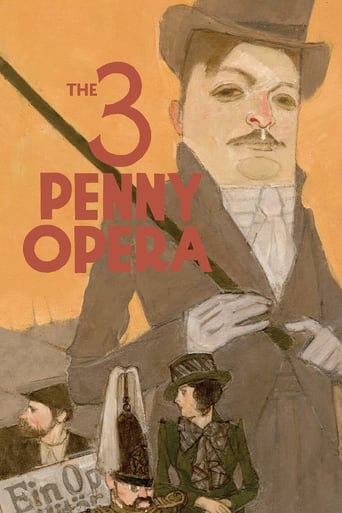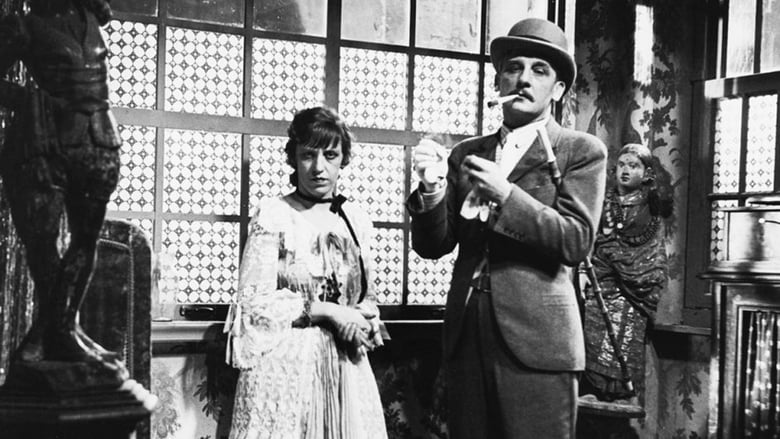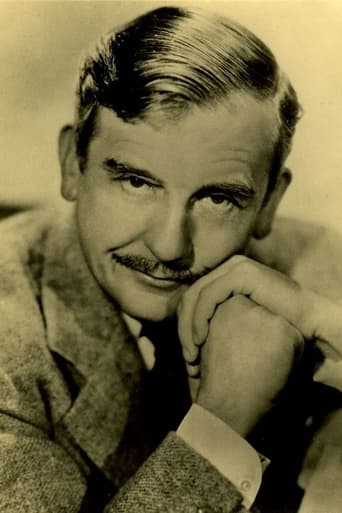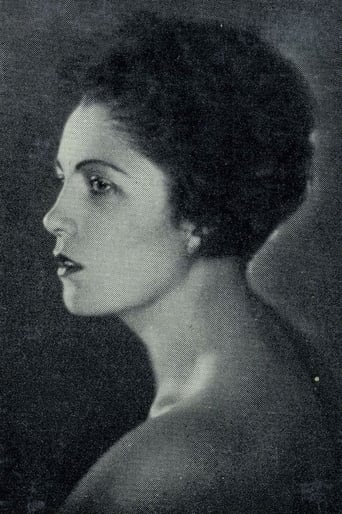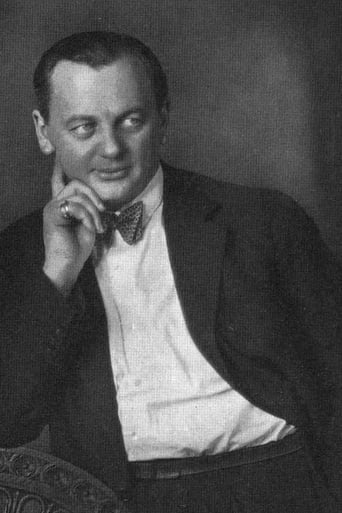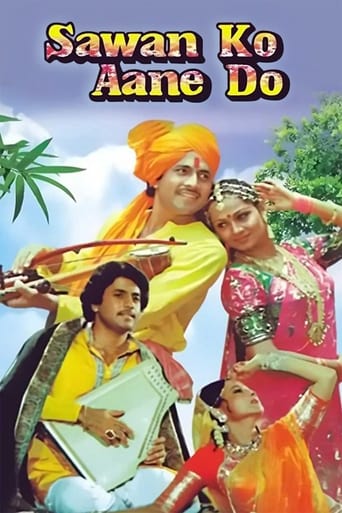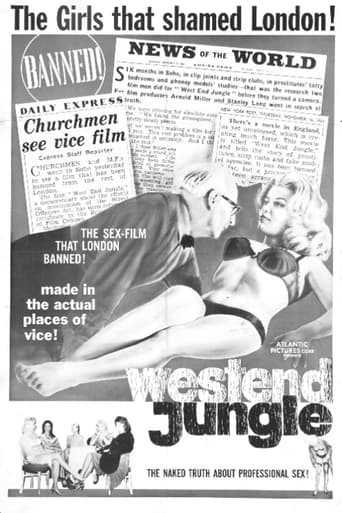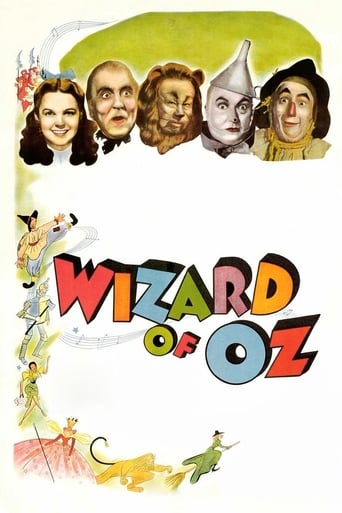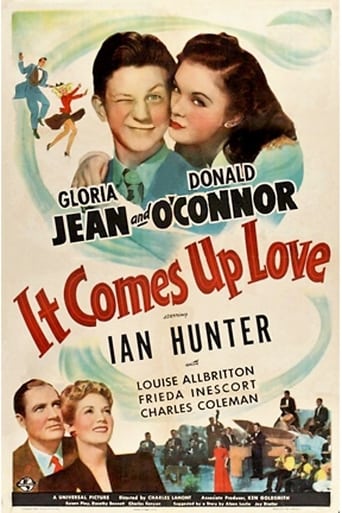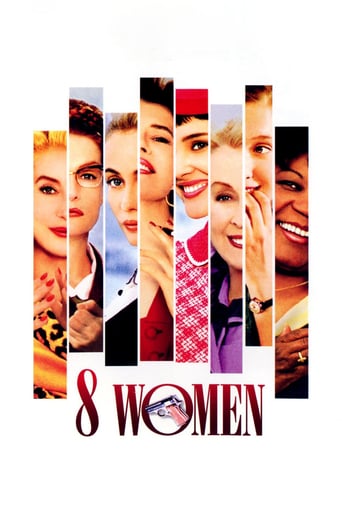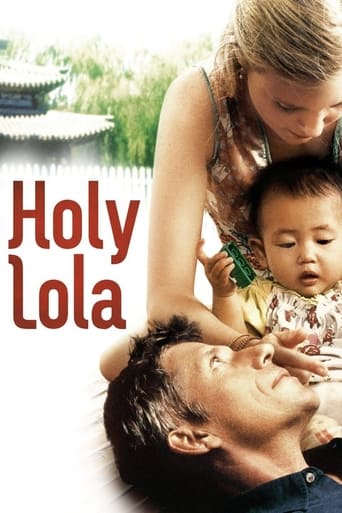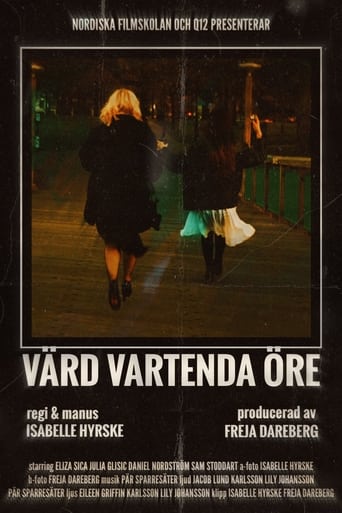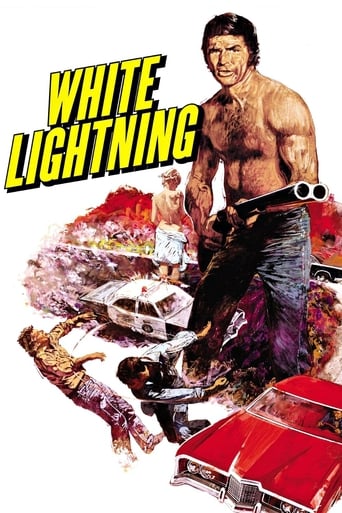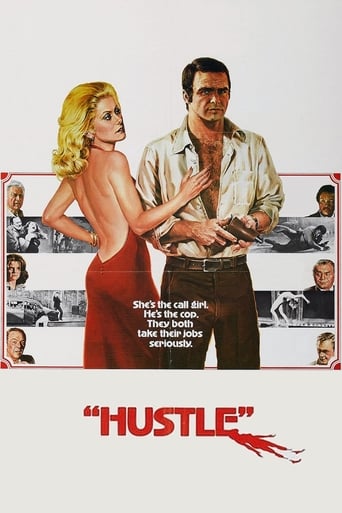The 3 Penny Opera (1931)
In London at the turn of the century, underworld kingpin Mack the Knife marries Polly Peachum without the knowledge of her father, the equally enterprising 'king of the beggars'.
Watch Trailer
Free Trial Channels
Cast


Similar titles
Reviews
What a waste of my time!!!
The performances transcend the film's tropes, grounding it in characters that feel more complete than this subgenre often produces.
The movie's not perfect, but it sticks the landing of its message. It was engaging - thrilling at times - and I personally thought it was a great time.
There is, somehow, an interesting story here, as well as some good acting. There are also some good scenes
In London, the rascal Mackie Messer (Rudolf Forster) is the king of the thieves and an irresistible pimp. When he meets Polly Peachum (Valeska Gert) on the street, he invites her for a drink and they marry with each other in the end of the night in a warehouse. When Polly's father Jonathan Jeremiah Peachum (Fritz Rasp) a.k.a. the king of the beggars learns about the marriage of his daughter, he presses the chief of police Jackie "Tiger" Brown (Reinhold Schünzel) to arrest his friend Mackie; otherwise he will send a great number of beggars to protest in the coronation of the queen. "Die 3 Groschen-Oper" is a cynical musical with low-life characters in the underground of London written by Bertold Brecht and directed by Georg Wilhelm Pabst. This film was released in Berlin on 19 February 1931 and I saw a DVD with a matrix that was restored in 2006 for the 75th anniversary of this film. In 1986, the Brazilian composer Chico Buarque de Holanda and the director Ruy Guerra released an adaptation of this musical with the successful "Ópera do Malandro", the most expensive Brazilian production until 1986, but without the credit to Bertold Brecht. My vote is eight.Title (Brazil): "A Ópera dos Três Vinténs" ("The Opera of Three Pennies")
Great musicals always have great people working at every different level in a united way. The script, the songs, the actors, the camera-movements all must stand on their own while contributing to the musical proper. We have classic cases of this where all those involved went their separate ways and were never able to recreate that magic. Instead of this somewhat accidental result, we have here a carefully calculated masterpiece. It was recognised that this was an important social work, and there were a number of things that needed to happen in its execution. They needed Brecht's (a dramatist becoming increasingly fascinated with cinema) cooperation, they got it. They needed a capable expressionistic director, they got it. They needed creative writers to narrow the work down to a typical film length, they got them. They needed strong powerful actors to circumvent any possible lingering sentimentality, they got them as well. This was an age where film was becoming run by the studios, but in creative ways striving to create great art, and we have stunning works like this to prove it.5 out of 5 - Essential
Those who acquired a taste for 1920s Berlin in 'Cabaret' ought to see this film inasmuch as it is the real thing. Lotte Lenya (Weill's wife in real life and the actress who played the evil Rosa Kleb in 'From Russia With Love') and Carola Neher (fled Hitler for the Soviet Union then betrayed by communism -- she died in a communist prison camp in 1942) each offer an unforgettable singing performance. Carola Neher's song alone is worth the price of admission -- she outclasses even Dietrich.
This adaptation of Brecht/Weill's Musikspiel is considered by many a classic masterpiece. Classic it may be (and as such historically important), but a masterpiece it is not. I am not interested in the changes vis-a vis the play: recent research has found out that most changes were already proposed by Brecht himself and other research has found out that Brecht was not the writer at all, but Elisabeth Hauptmann. Nor am I interested in the fact that Weill's music is reduced and that not all songs are performed, which was unavoidable.The point is that although there was real potential for a masterpiece (set designer, cast, director, cameraman etc.), Pabst never succeeds in making this adaptation into a real filmic adaptation. Scenes are presented in order, but never there is a feeling of a close and tightly held drama; the film is more or less subdivided. This may have been on purpose (considering the structure of the play), but for me it just does not work as film. It seems if no real choice was made between a documentation of the play or a truly filmic adaptation; what we are left with is something that lies in between, and that never comes alive. Are we seeing the result of all the (judicial) troubles director and writers had with Brecht and Weill? Or were the makers just too involved in making a masterpiece?So, is this a mediocre or even bad picture? Certainly not. Individual scenes are fine due to sets and cast and the way in which Wagner and Pabst know how to use them (no room here to analyze this). But, on the other hand: do we really see or feel a menacing threat from the army of beggars? Do we really need Ernst Busch as the street singer?; do his scenes really add something? And are most songs not just registered as if they were performed on a stage? And is the editing not just adequate?Today was my 5th or 6th viewing. I still cannot see why this film ever could be acclaimed a masterpiece.

